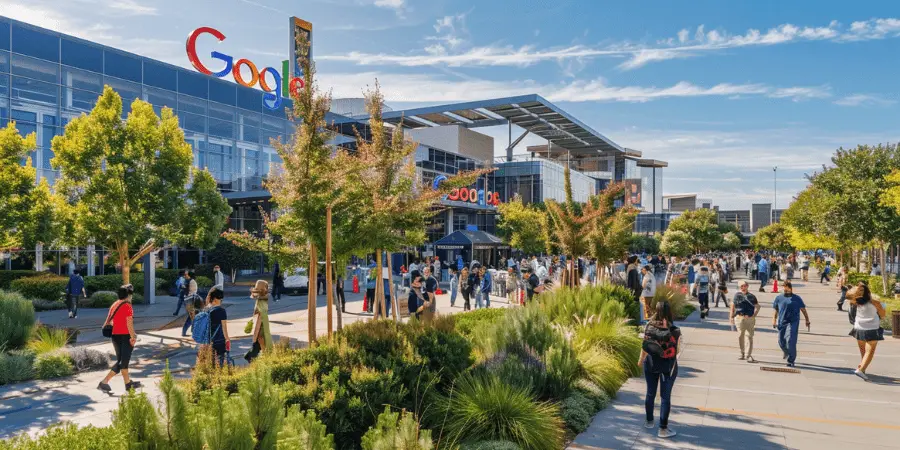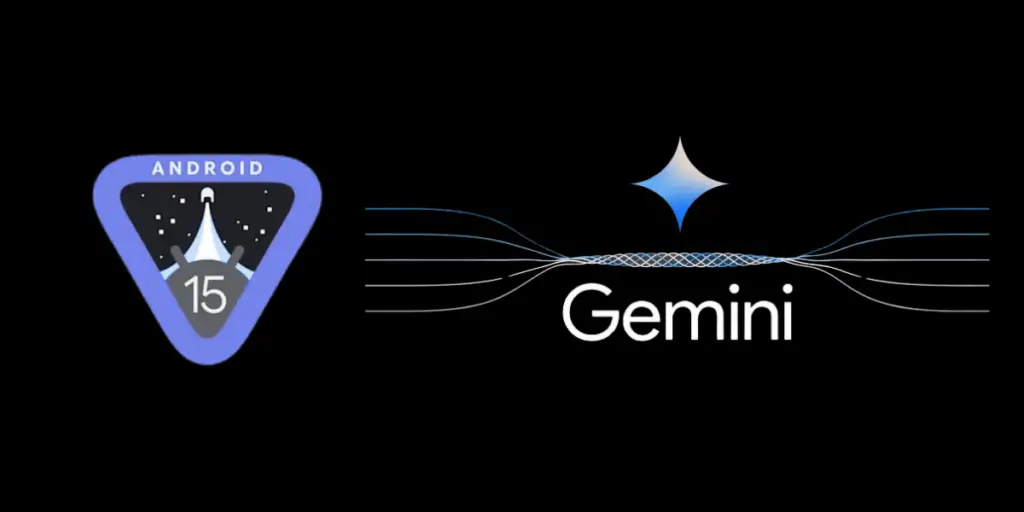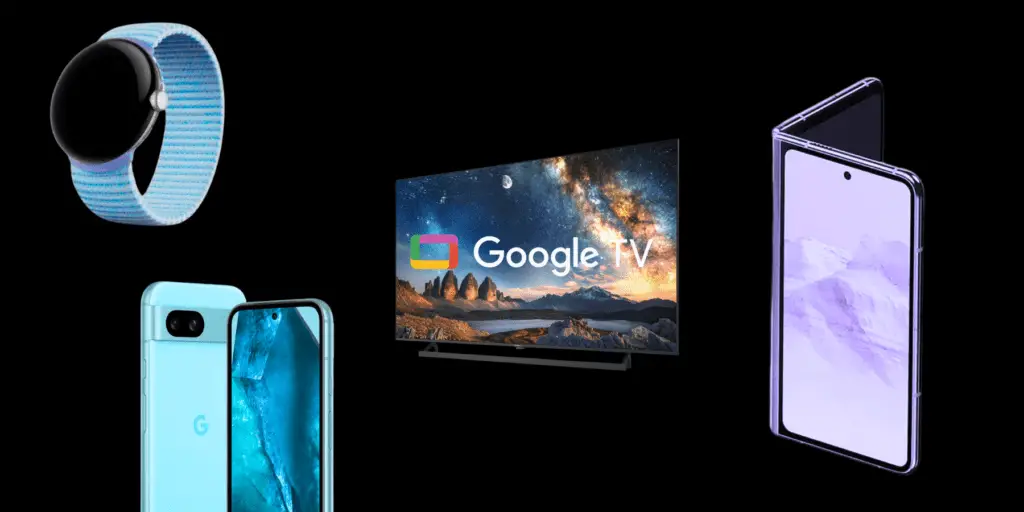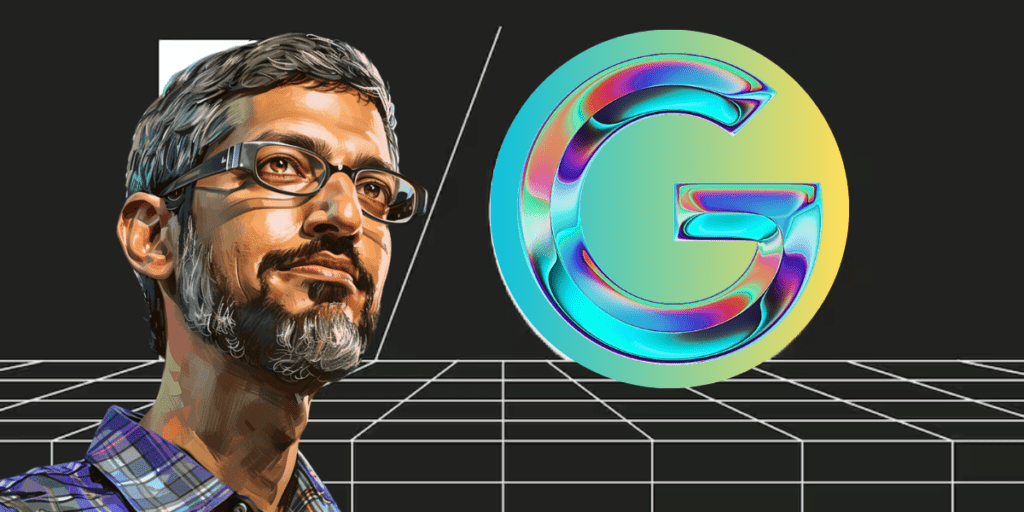Google is set to host its annual developer conference, Google I/O 2024, at the Shoreline Amphitheatre in California.
The meeting, renowned for Released technologies and future roadmaps, is scheduled to begin at 10:30 PM IST, and viewers from across the globe, especially India, can join in via live stream.
This year’s Google I/O is particularly intriguing due to an unexpected twist—Google’s early release of the Pixel 8a smartphone a week before the conference, already available today.
Despite this early reveal, excitement abounds as attendees and online viewers anticipate numerous announcements that could reshape Google’s strategy and product offerings.
The focus is set to be on Google’s deeper dive into artificial intelligence, especially with its advanced Gemini AI model and the latest developments in its operating system, Android 15.
For tech enthusiasts in India eager to catch every moment of Google I/O 2024, tuning in to the event is straightforward. Scheduled to start at 10:30 PM IST tonight, the event promises insights into Google’s latest developments in AI, Android, and possibly even new hardware launches.
Google will stream the event live on its official YouTube channel. This is the easiest way to access the stream, as it allows viewers worldwide to watch the event in real time from any device that supports YouTube.
Google provides a dedicated stream on the official website of Google I/O 2024. This platform often features additional resources like live commentary, session schedules, and more detailed information about the announcements as they happen.
Watch Google’s various social media handles. Although the main event is on YouTube and the official website, additional snippets, highlights, and interactions often take place across platforms like Twitter and Facebook during the event.
Google I/O History
Google I/O is Google’s annual developer conference, typically held in Mountain View, California, at the Shoreline Amphitheatre.
The event is named after “I/O,” an abbreviation for input/output, and the slogan “Innovation in the Open.”
It began in 2008 and has become one of the most critical events in the tech industry, particularly for developers, tech enthusiasts, and industry professionals.
Google I/O started as a forum for developers to learn about web technologies and interact with the latest Google and open-source APIs.

The initial event featured sessions on popular Google services such as Maps and YouTube.
The scope of Google I/O has broadened significantly. It now encompasses various topics, including Android, Google Cloud, Web technologies, and more. The event was pivotal in announcing new hardware, operating systems, and updates to Google’s vast services.
Historically, as an in-person event, Google I/O shifted to a digital format in 2020 and 2021 due to the COVID-19 pandemic. This change allowed a global audience to participate virtually, significantly expanding its reach.
What Happens at Google I/O?
The event usually starts with a keynote by Google’s CEO, Sundar Pichai, outlining the company’s vision for the coming years and introducing major innovations and products.
Google I/O features numerous technical sessions led by Google engineers and product leaders. These sessions provide deep insights into Google’s latest developments and offer developers insights on utilizing Google technologies in their projects.
Google I/O often unveils new products and technologies. This includes everything from the latest versions of Android, updates to Google Assistant, advancements in AI and machine learning technologies, and new hardware like smartphones and home devices.
Hands-On Learning and Codelabs – Attendees can engage with Google’s products through hands-on experiences, coding labs, and interactive sessions. These practical components are designed to help developers and tech professionals enhance their skills directly through application.
As a significant gathering of tech enthusiasts, Google I/O provides invaluable networking opportunities. Attendees can connect with fellow developers, industry leaders, and Google’s own engineers and product experts.
Key Highlights at Google I/O 2024
AI and Gemini Model Enhancements
Commitment to AI – Google has intensified its efforts in artificial intelligence, positioning its Gemini model at the forefront. This powerful AI tool is expected to expand its capabilities, possibly overshadowing Google Assistant in some areas.
Tech Collaborations – There’s a buzz about potential collaborations with industry giants like Apple and Samsung, aiming to integrate Gemini’s advanced AI features into a broader range of devices and operating systems.
Smart Home Integration – With a shift towards Gemini, expect announcements about how this AI will enhance Google’s smart home ecosystem, possibly offering more sophisticated interaction than the traditional Google Assistant.
Android 15 Deep Dive
New Features Overview – Following the release of its first beta, Android 15 is set to introduce features to improve user experience and device interaction, such as partial screen sharing, notification cooldown options, and extended health tracking.
Developer-Focused Enhancements – Developers can expect new APIs designed to optimize app performance and provide more detailed insights into app storage requirements, potentially reshaping app development practices.
User Interface Innovations – Google might reveal new user interface adjustments to Android, making it more intuitive and streamlined, particularly for devices with larger screens or foldable displays.

Hardware Announcements
Beyond Pixel 8a – Although the Pixel 8a has already been released, rumors suggest Google might surprise attendees with hardware announcements, including possible previews of the next-generation Pixel Fold or the Pixel 9 series.
Pixel Tablet 2 – Speculation about the Pixel Tablet 2 continues following the release of a dockless variant of its predecessor. Insights into the next iteration of Google’s tablet offerings could be on the agenda.
Innovative Accessories – Look out for Google’s innovations in accessories and peripherals, which may include smart home gadgets or enhancements to existing product lines to better integrate with their AI and OS ecosystems.
Special Features
- Google’s suite of productivity tools—Gmail, Docs, Sheets, and Slides—is expected to see further AI integration.
- Google may officially launch the new AI-powered side panel that has been in testing. This feature aims to provide users with AI-driven assistance directly within the user interface of Docs and Sheets, allowing for real-time data analysis, writing aid, and more.
- Google might expand its generative AI capabilities in Search to provide direct, concise answers instead of traditional search results. This could fundamentally change how users interact with Google Search, prioritizing efficiency and accuracy.
- Expect enhancements in Google Maps that utilize conversational AI to improve how users find places and navigate. These features could make the search process within Maps more natural and interactive.

- With the transition towards Gemini AI, Google’s ecosystem of smart home devices might receive updates that allow for more complex commands and better integration with other intelligent products.
- Gemini’s capabilities could be extended to more mobile and desktop applications, offering a unified AI experience that seamlessly integrates devices and platforms.
- Google could introduce more personalized AI features in its applications, like custom voice options in Assistant or tailored app recommendations based on user behavior.
- As AI features become more embedded in everyday use, enhanced privacy controls and transparency about data usage are likely to be a focal point, reassuring users about the safety and security of their information.
Final Thoughts
The advanced AI capabilities of the Gemini model, the continuous evolution of Android with its 15th iteration, and potentially new hardware reveal that Google I/O remains a critical juncture for the tech giant to reinforce its position as a leader in innovation.
This year’s event promises many technological advancements and signifies Google’s more profound commitment to integrate AI more comprehensively across its products and services.
Such integrations are expected to enhance user experiences, streamline interactions, and introduce new levels of functionality that could redefine the tech landscape.
For developers, tech enthusiasts, and industry professionals worldwide, Google I/O offers a unique glimpse into the future of technology.
It’s an opportunity to engage with the latest tools, gain insights into cutting-edge technologies, and understand Google’s vision for the coming years.
As the tech community looks forward to the event with anticipation, the implications of these announcements will surely resonate across the industry, influencing product development strategies and consumer technologies.


